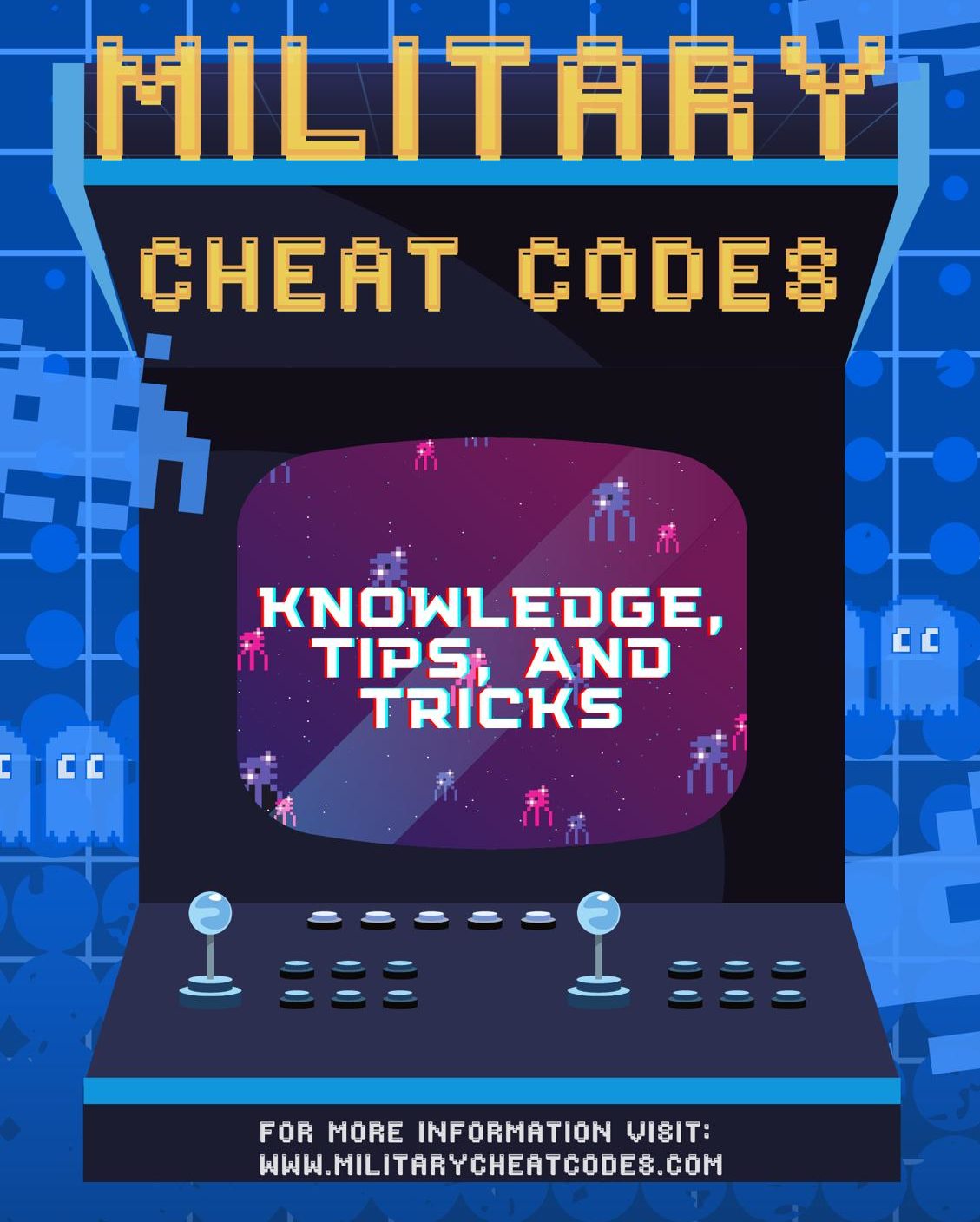Be More Machiavellian
Machiavelli gets a bad rap. His eponymous 16-century work, “The Prince,” placed Niccolo Machiavelli into the literary and cultural lexicon as the caricature of a coldly calculating opportunist, willing to discard scruples for political gain. But read the book and you will find a remarkably brief treatise with enormous wisdom about how to succeed in high-stakes leadership situations. For as much as present-day works on leadership have contributed constructively to the practice of collaborative leadership that builds win-win solutions, there are still times when resources are zero-sum and realpolitik will dictate a single winner to a dispute.
Right about now, you’re expecting me to take the obvious next step and point out that the military officer should read Machiavelli because of the nature of military work, where war is the extension of politics by other means and the military is the institution that holds the societal sanction to kill people and break things as a tool of national policy. That’s all true, and it would be the next obvious step in the argument. But that’s not why I brought up Machiavelli. I brought up Machiavelli and, as an increasingly gristled field grade officer, I re-read “The Prince” every year because it provides a useful hermeneutic for overcoming the greatest adversary of them all: the military bureaucracy itself.
There is often truth behind memes. One meme in particular comes to mind. It’s the gradual progression of Anakin Skywalker to Darth Vader through four pictures at different ages, all compared to military ranks. Child Anakin’s “fear” (O-1), followed by teenage and young adult Anakin “anger” (O-2) and “hate” (O-3), and finally Darth Vader’s “suffering” (O-4). The overtone here is that by the time someone makes O-4, they have been consumed by the fear, anger, and hate of the dark side of the bureaucracy and finally succumbed to becoming an unceasingly suffering instrument of that very bureaucracy itself. Again, there is much truth to this. It is most certainly true for me and I have yet to meet a field grade officer who will not also admit as much to me, even if confidentially.
Everyone will eventually be forced to seriously ask where the core values (be it the Army’s “selfless service,” Air Force’s “service before self,” etc.) finally ask too much for themself, their spouse, and their family. At what point do PCS moves every 1-2 years go from being an adventure to becoming a twisted carnival ride of starting over again and again without ever being able to set down roots? When does the military’s demand to become a generalized manager under the auspices of “leadership development” completely subsume the advanced training that brought someone into the military in the first place? The pilot who wears oak leaves rarely gets to fly; the cyber operator doesn’t get to go on-keyboard for missions; the lawyer and the doctor have professional licenses that serve as expensive wallpaper in an office filled with performance reports and budget spreadsheets.
So where does Machiavelli come into this? The advice he gives to his prince in becoming a successful leader in a complicated high-stakes environment has echoes of 21st-century leadership primers. Contribute to the common good as much as possible. Be benevolent to everyone whenever you can be. Understand the motivations of subordinates, peers, and superiors, and interact with those people in a way that helps them further their motivations while also advancing your own goals. What Machiavelli does in “The Prince” though is to also say the quiet part out loud. What happens when all of this is not enough? What happens when a foe is literally at the city gates and losing in leadership could reasonably be expected to also include having your head separated from the rest of your body? His advice to the prince here often means embracing the coldly calculating logic of self-interest and a ruthlessness that seizes on opportunities at critical junctures of zero-sum situations to prevent a political, economic, or military downfall.
Machiavelli’s advice to his prince is the actualization of another adage that every junior officer hears: no one cares more about your career than you do. When a junior officer gets this advice, it often falls on deaf ears and comes with an order to provide weekly updates so that a supervisor has something to work with in writing an annual performance report.
By the time that same officer is wearing oak leaves, the game has changed. Objective skill-based job proficiency will get someone through the company grade officer years. However, succeeding as a field grade officer in the larger military bureaucracy means that “no one cares more about your career than you do” takes on a more opportunistically calculating character, employing tactics that would make Machiavelli nod approvingly. The successful officer must both develop and employ a level of political acumen in order to navigate the military bureaucracy. The military rank pyramid, with ever fewer billets available for career progression, is by its nature a zero-sum system. You promote or you don’t. The people who promote aren’t necessarily the most capable. They are the people who, either by luck or by intentionality, have maximized two variables to their advantage: (1) who you know, and (2) what assignment you are in when the promotion board meets.
Let me be clear on this: after O-3, the promotion system is no longer a meritocracy. It’s feudalism. You need to know the right people in your functional community because those people need to know you. Senior leaders are the ones who can steer assignments to positions that have historically been promotable. It’s still up to you to do the work to build a promotable record of performance reports, but being in the right assignments, in the right order, and being in key promotable positions when the board meets are all crucial for career success. You could do all this by luck, but you are far more likely to succeed if you take the all-too political game of professional networking seriously. If you think that sounds too coldly calculating and manipulative, maybe you’re right. Maybe everything should be purely meritocratic and career-aware networking only dirties the purity of the process. If that is your view, tell me if those pure convictions are any comfort when the promotion list comes out and you aren’t on it.
If you want to become an O-6 or a GO/FO, Machiavelli’s advice is required reading and you will absolutely need to embrace it fully in order to succeed. If you want to separate as an O-4 at the end of your current service commitment, you will still be well-served by taking the advice in “The Prince” seriously. Unless you are going into permanent retirement, you’re going to need to build an off-ramp to a second career after the military. An awareness of the political environment of the military bureaucracy will allow you to turn the gears of that bureaucracy to your advantage as you build that off-ramp.
This approach does not change the Darth Vader “suffering” of life as a field grade officer. What it does do though is give you the possibility of a sense of agency and ability to chart your own course through your career and through life.
In addition to “The Prince” by Niccolo Machiavelli, I recommend two other books as key resources on this topic. From a pop psychology perspective, see “Life Code” by Phillip McGraw. For a robust application of this approach in the business world, see “7 Rules of Power” by Jeffrey Pfeffer.

Picard is a 10 year Air Force Major.
